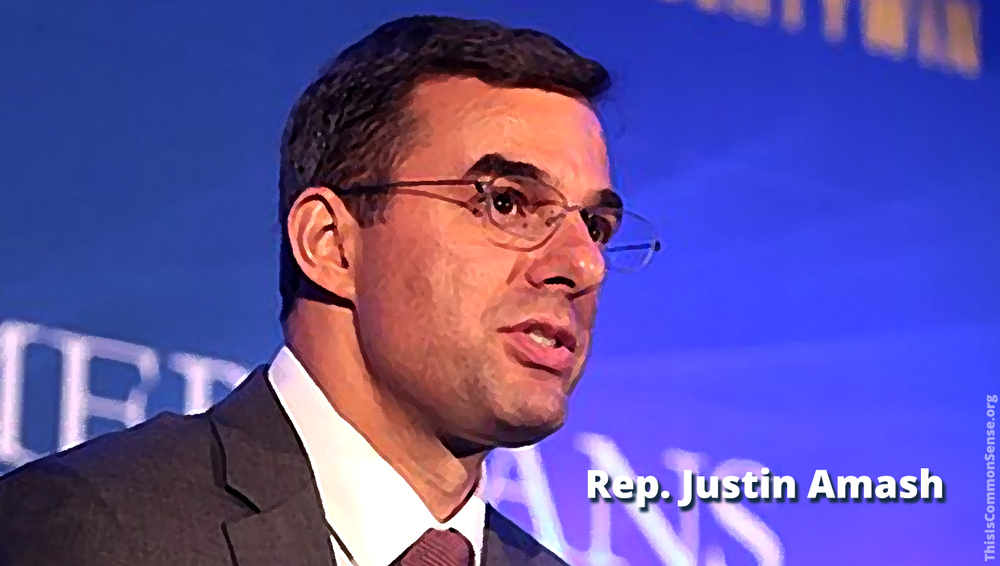Hold on! What scheme am I talking about?
Joe Biden hasn’t said that he agrees with other Democrats (including former Democratic presidential candidates) who propose that the U.S. Congress act to dramatically expand the number of U.S. Supreme Court justices.
Joe Biden hasn’t said that at all.
In his first and so-far-only debate with President Trump he refused to say, because if he did then that would become the issue.
“The issue is the American people should speak,” he said, and then turned to the camera. “You should go out and vote. … Vote and let your senators know how strongly you feel. Vote now. Make sure you in fact let people know.”
Know what, precisely? To vote to allow a Democratic administration to seize control of the Court, overcoming any constitutional objections to his (or her) socialist schemes?
But then Biden turned against the voters, when asked on Friday, whether voters deserve to know where he stands on court-packing: “No, they don’t deserve” to know. “I’m not going to play his [Trump’s] game. . . .”
So, officially, we “don’t know” whether Biden supports packing the High Court the way FDR tried in 1937.
Do voters deserve better from Biden?
They do not!
O, those voters — always demanding to know positions and agendas and things. Playing right into the hands of the opposition.
Come on, man! Ya gotta vote for the guy to know what’s in him.
I know what’s on your mind. You’re asking, “Are you saying that Joe Biden’s coy covertness toward the imposition of one-party authoritarian government exemplifies a crude disdain for voters’ legitimate desire to know what their vote will get them and is even more disqualifying than his stealth court-packing scheme?”
Please. Don’t put words in my mouth.
This is Common Sense. I’m Paul Jacob.
—
See all recent commentary
(simplified and organized)







